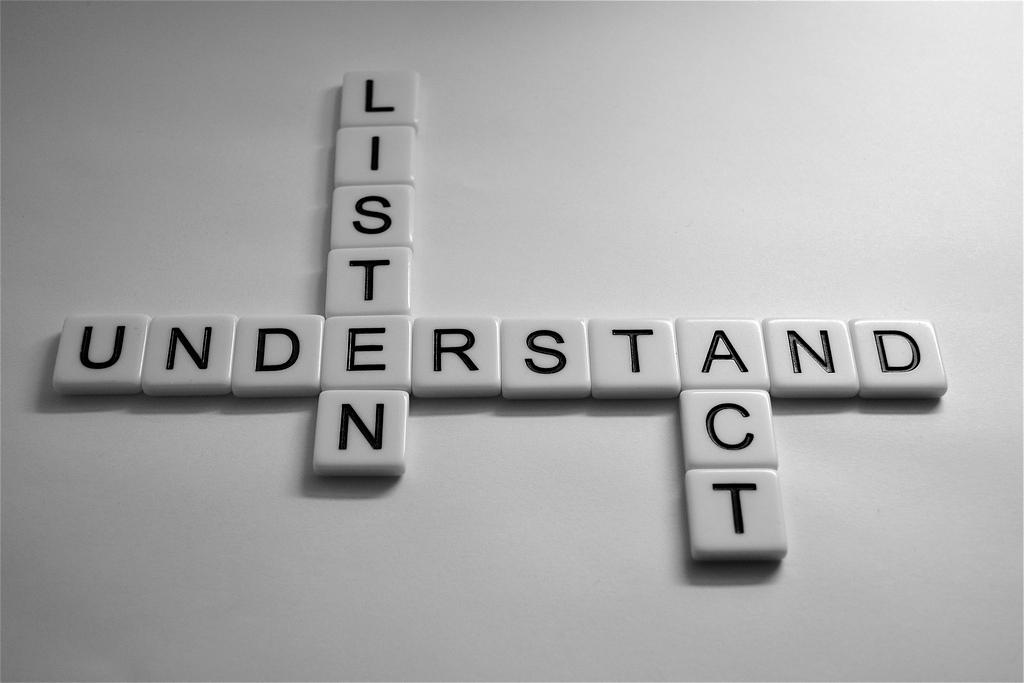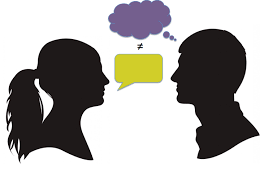The Art of Listening : Being All Ears
The art of communication is the language of leadership
James Humes
In the endeavour to establish a good leadership ethic and be successful as a team of individuals, an exchange of ideas is vital. When an idea is effectively conveyed from one mind to another, there is more collective chance for it to be realised eventually. Effective communication enhances growth through better understanding and interpretation between different minds by combining their power of thought and creativity.
Communication, however, is not just a one-sided process. It always requires efficiency and effectiveness at both ends of the chain, that is, the sender and the recipient, regardless of whether it is an interaction between two or more people. The two-way process not only depends on what is being communicated but also on how it is perceived by the person on the receiving end. If a message that has been sent correctly but not fully understood by the receiver, there is a break-down in communication and thus, the process has failed. Therefore, effective communication cannot be carried out if there is no effective comprehension which, in turn, means that one must be able to listen properly in addition to articulating their thoughts accurately.

Listening does not simply mean hearing. For a good listener, the intent to understand is far valuable than the intent to reply. While at the receiving end of a communication, whatever the means, a person usually takes mental notes, both subconsciously and consciously. So when they “listen” with the intent of replying, their mind focuses more on what should be addressed in their response rather than on what needs to be acknowledged, understood and contemplated upon.
In the circumstance where leadership skills are required, be it the workplace or any other situation, you cannot settle for listening just to reply. It is crucial for someone aspiring to become a leader to not just hear what their team has to say, but to be interested and to understand. Whenever you have authority over and responsibility for someone other than your own person, it is very important to be a good listener so as not to disrupt matters involving other people and to avoid creating more problems due to miscommunication.
Therefore, an essential skill that needs to be developed is of “active and effective listening”. Active listening, that is, being engaged and interested in the interaction, asking probing questions and maintaining eye contact can eventually help build a happier and motivated team. Effective listening, that is, a full comprehension of the innovative ideas others put forward will enable you to produce an outcome that is the result of a holistic approach instead of a monologue without consideration of how other participants could approach a certain problem.

Effective listening requires understanding without prejudice. Miscomprehension and miscommunication can result in big communication gaps. This is likely to happen when the listener receives a message in a biased context influenced by their own point of view. It is necessary to remove all prejudices, biases and social filters from the mind before listening to someone else. If you go into a conversation with a pre-conceived notion of what you expect from a particular interaction, it will be hard to see the good aspects of someone else’s idea, and also the flaws in your own. Being unbiased not only helps you understand better, it also helps you form a new point of view about a particular subject or even the sender. That, in turn, enhances overall communication in addition to opening up your own mind to a broader set of possibilities.
It is impossible for effective communication to take place without an active and effective listener. Many business leaders swear by listening as one of the main factors behind their success. As the saying by the Dalai Lama goes, “When you talk, you are only repeating what you already know. But if you listen, you may learn something new.” Therefore, it is perhaps one of the most essential aspects of life in general, even more so than speaking. This is probably why we have only one tongue but two ears.







